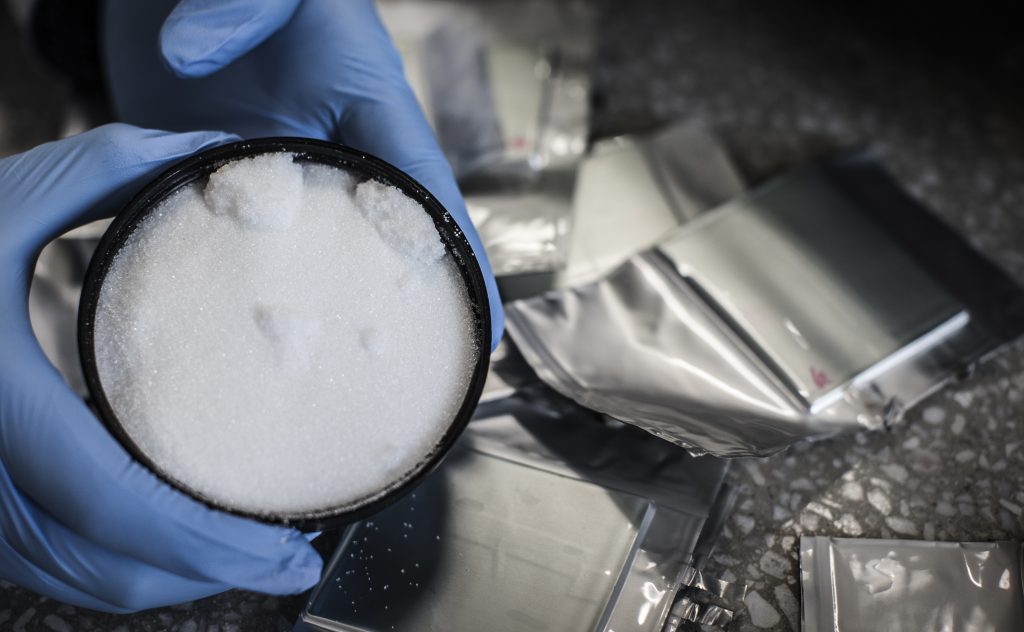An international team of researchers led by academics from the University of Sydney are hoping that a new sodium-sulphur (Na-S) battery, which they claim offers “super-high capacity and ultra-long life” and is far cheaper to produce than the dominant lithium-ion technology, will significantly reduce the cost of transitioning to a decarbonised economy.
Sodium-sulphur batteries have long possessed high potential for grid-scale stationary energy storage due to the low cost and high theoretical energy density of both sodium and sulphur. They have however been viewed as an inferior alternative and their widespread use has been limited by low energy capacity and short life cycles.
To overcome these limitations the research team has implemented a simple pyrolysis process and carbon-based electrodes to improve the reactivity of sulphur and the reversibility of reactions between sulphur and sodium.
The researchers said their battery displayed “unprecedented cyclic stability” and rate performance with a high initial capacity and a low-capacity decay rate of 0.05% per cycle over 1,000 cycles at room temperature.
Lead researcher Dr Shenlong Zhao from the University of Sydney’s School of Chemical and Biomolecular Engineering said the battery has been specifically designed to provide a high-performing solution for large renewable energy storage systems, such as electrical grids, while significantly reducing operational costs.
The key ingredient in the battery is sodium-sulphur, a type of molten salt that can be processed from sea water which ensures the battery costs much less to produce than the lithium-ion alternative. The researchers said the Na-S battery is also less toxic than lithium-ion batteries.
“This is a significant breakthrough for renewable energy development which, although it reduces costs in the long term, has had several financial barriers to entry,” Zhao said.
“When the sun isn’t shining and the breeze isn’t blowing, we need high-quality storage solutions that don’t cost the Earth and are easily accessible on a local or regional level.
“Storage solutions that are manufactured using plentiful resources like sodium, which can be processed from sea water, also have the potential to guarantee greater energy security more broadly and allow more countries to join the shift towards decarbonisation.”
The academics said the lab-scale batteries have been successfully fabricated and tested in the university’s chemical engineering facility and there are plans to improve and commercialise the cells.
The research paper, involving contributions from researchers at University of Adelaide, University of Wollongong, China’s Chongqing University, Chinese Academy of Sciences, and the University of Science and Technology China, was published in Advanced Materials.
This content is protected by copyright and may not be reused. If you want to cooperate with us and would like to reuse some of our content, please contact: editors@pv-magazine.com.









By submitting this form you agree to pv magazine using your data for the purposes of publishing your comment.
Your personal data will only be disclosed or otherwise transmitted to third parties for the purposes of spam filtering or if this is necessary for technical maintenance of the website. Any other transfer to third parties will not take place unless this is justified on the basis of applicable data protection regulations or if pv magazine is legally obliged to do so.
You may revoke this consent at any time with effect for the future, in which case your personal data will be deleted immediately. Otherwise, your data will be deleted if pv magazine has processed your request or the purpose of data storage is fulfilled.
Further information on data privacy can be found in our Data Protection Policy.